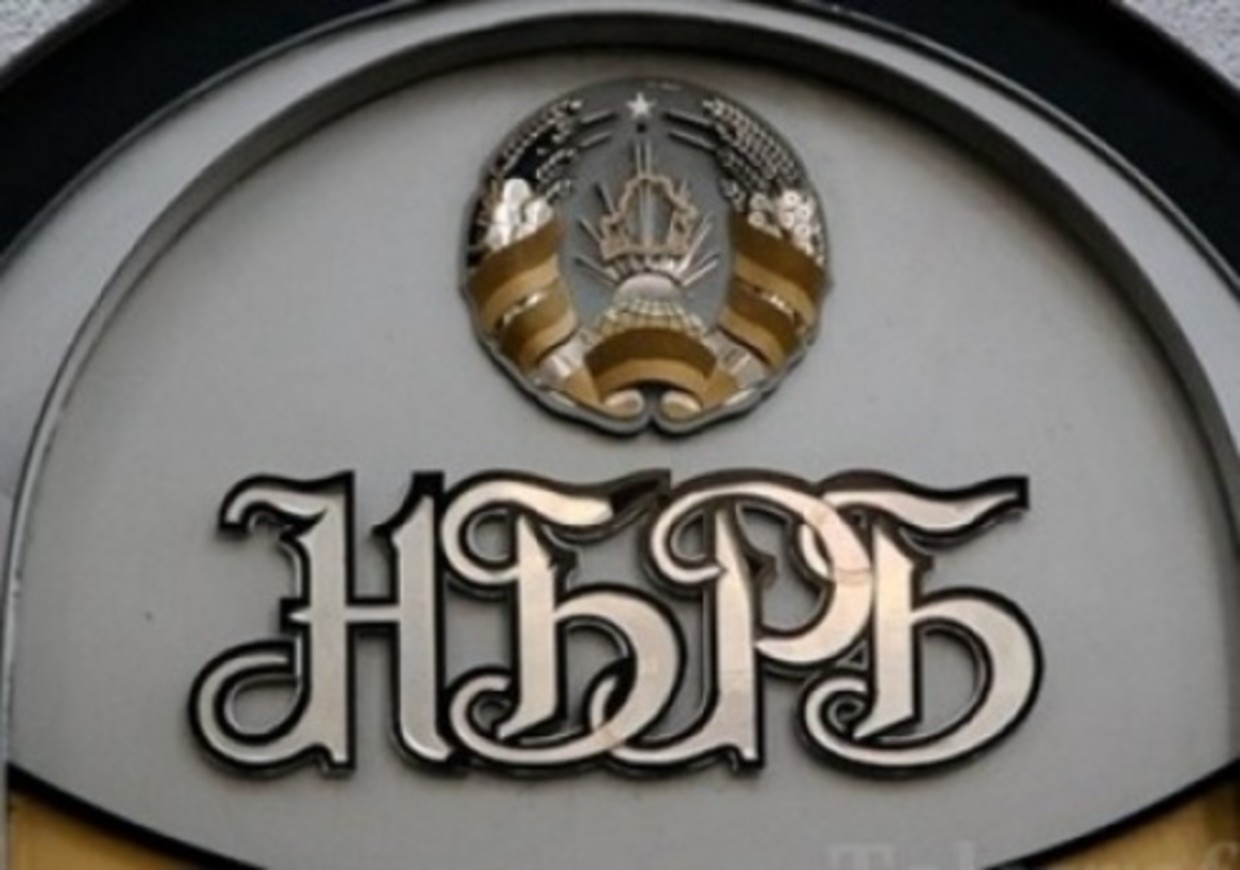Belarusian National Bank set to reduce public debt servicing costs
 The situation has not changed
The situation has not changed

The National Bank has decided to change the size of mandatory deductions to the reserve fund. Due to an increase in people’s expenses in 2016, the Belarusian international reserves grew and all due public and domestic debt payments were made. By reducing interest rates on currency deposits, the NB would save circa USD 25 million to refinance public debt.
As of February 1st, 2017, the National Bank will increase the size of compulsory contributions by banks to the reserves fund from corporate and private foreign assets from 7.5% to 11%, and will reduce the contributions in national currency from 7.5% to 4%. When the new rules take effect, banks’ cost of fundraising in foreign currency will increase, which will reduce interest rates on foreign currency deposits. Simultaneously, banks may leave interest rates on rouble deposits unchanged, so as the discount rate will reduce from 18% to 17% per annum as of January 18th, 2017.
In 2016, the National Bank increased its gold reserves by USD 751 million from USD 4.175 billion to USD 4.927 billion, while paid its due international and domestic debt, which totalled circa USD 3.3 billion in early 2016. Foreign currency inflow was provided by raised utility costs for the population, reduced soft loans and reduced interest rates on all types of deposits. The interest rate on rouble deposits decreased from 23% to 13% per annum and on currency deposits – from 3.7% to 2% per annum. This made households to spend more and earn less to due to lower income from deposits. In January – November 2016, the population sold USD 1.8 billion net, and the National Bank bought a part of this sum from the banks to refinance its debt.
By reducing the interest rate on currency deposits, and retaining the interest rate on rouble deposits, the National Bank aims to solve two tasks. First, amid reduced profitability of currency deposits, some depositors may decide to convert their currency funds to the national currency and place it in the banking system, thereby boosting foreign currency supply on the domestic currency market. Second, by reducing rates on foreign currency deposits by 1 per cent, the National Bank will reduce the annual yield of currency depositors by USD 74.5 million. Due to deficit of reliable borrowers, banks will invest foreign currency deposits of the population in the National Bank bonds. By setting a lower interest rate on its bonds, the National Bank will save money for refinancing its current debt, which relates to the obligations of the state. Throughout 2016, interest rates on the NB bonds dropped from 7% to 5% per annum and due to the NB efforts, may reduce to 4% per annum or lower by late 2017, enabling the NB to save circa USD 25 million.
Overall, by reducing deposit interest rates, the National Bank reduced profitability of deposits and increased its international reserves in 2016. Due to the need to increase the international reserves by USD 0.5 billion in 2017 and to reduce public debt servicing costs, the National Bank is likely to pursue its current policy aiming to reduce currency deposit profitability and interest rates on government bonds may reduce to 4% per annum.
Subscribe to our newsletter




Situation in Belarus
Constitutional referendum: main consequences


 Video
Video
How to count the political prisoners: are the new criteria needed?


 Video
Video
Paternalism In Decline, Belarusian Euroscepticism, And The Influence Of Russia


 Video
Video












